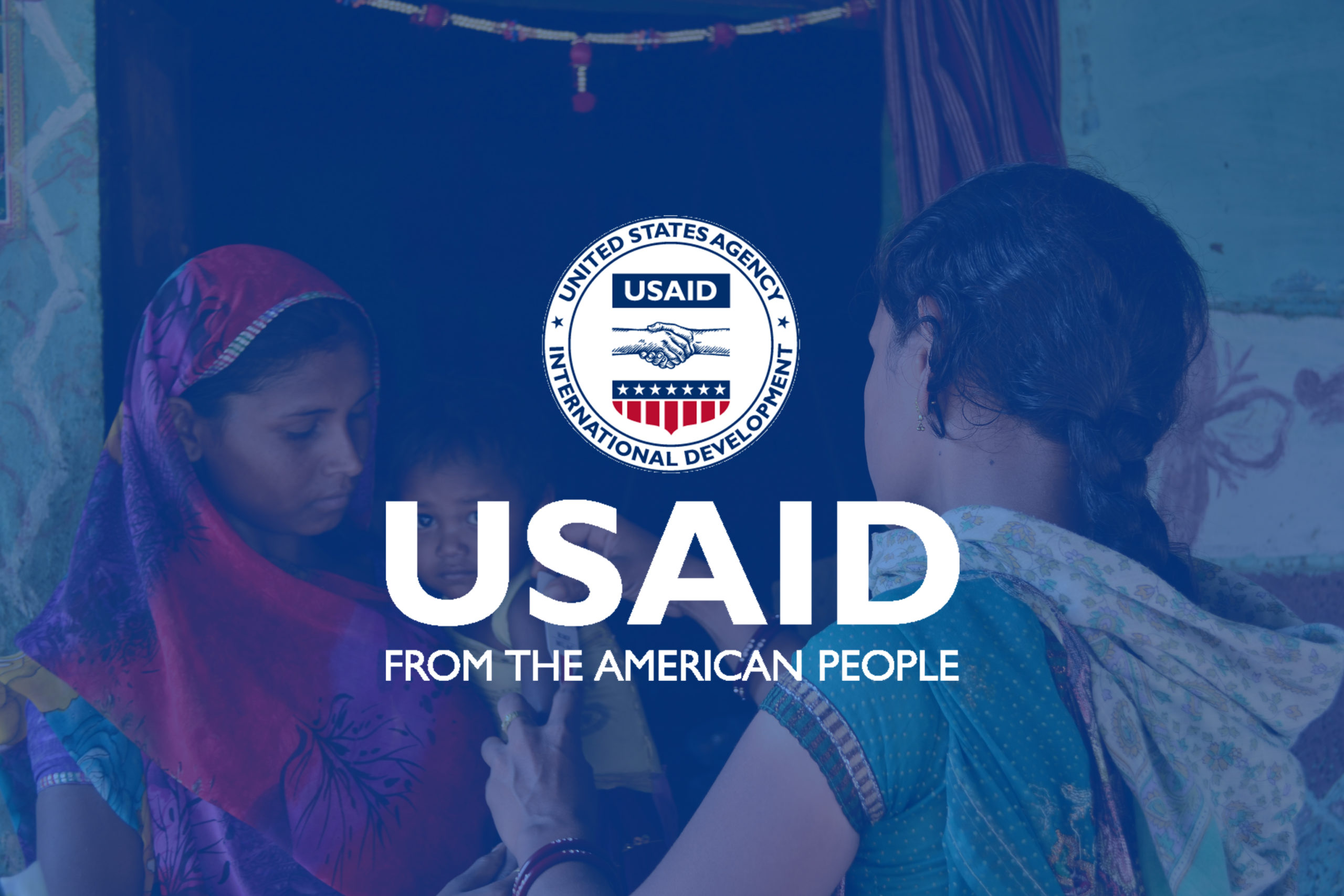USAID Highlights CommCare Nutrition Projects From Around the World

A new USAID Advancing Nutrition report features CommCare-supported projects in Africa, South America, and Asia.
Last year, we shared the stories of a couple of CommCare-supported projects aiming to tackle the second of the UN’s Sustainable Development Goals: Zero Hunger.
All together, these CommCare-supported projects are able to register 1 in every 20 malnourished children around the world for services.
Last month, USAID’s Advancing Nutrition project released a comprehensive report on the use of digital tools to support nutrition programs: “Using Digital Tools to Strengthen Nutrition Service Delivery.”
The report explains that in order “to avoid duplication of effort, learn from successful implementations, and guide future work, it is important to understand what tools have already been designed, developed, tested, and taken to scale.”
Among those tools is CommCare, used in 16 of the report’s reviewed projects – nearly three times as often the next most used platform.
The report highlights a number of these projects, including ICDS-CAS, eCHIS, and upSCALE, all community health worker-led initiatives: “That a majority of the tools are being used by community health workers reflects the reality that nutrition services are typically provided at the community level, but reaching community-level cadres with mobile devices, and ensuring adequate training and supervision at scale, involve unique challenges.”
To learn more about the unique challenges of community health worker programs and how mobile tools can be used to mitigate them, read our guide to effective community health worker programs.
The report also mentioned two other programs: Terre des hommes’ Integrated e-Diagnostic Approach (IeDA) in Burkina Faso and World Vision’s Community Management of Acute Malnutrition (CMAM) application in the Middle East and West Africa. These partners are now working on sharing workflows between their projects with the goal of building a common digital health solution that integrates the best parts of both protocols. The feasibility of the integrated app, trends in user acceptability, treatment protocol adherence, and CMAM treatment outcomes will all be examined in the upcoming pilot.
The CMAM application plots a patient’s progress against a growth chart based on the data collected.
The Alliance for Integrated e-Diagnostic (ALeDIA) digital health consortium members – which includes both World Vision and Terre des hommes, along with Action Against Hunger – are currently prioritizing Sahelian countries with a high burden of childhood infections and acute malnutrition.
Beyond the projects mentioned in the report, however, other organizations have implemented CommCare applications for nutrition programs on their own. Madagascar’s Office for National Nutrition (ONN) developed their own application for malnutrition management and scaled it to 500 health workers. They will soon be looking to integrate these services and features into their more widely used and USAID-funded ACCESS application.
Near the end of the report, the USAID Advancing Nutrition team noted that, “Dimagi’s CommCare platform was the platform most commonly used for nutrition-related digital interventions. This wide use merits further investigation to see whether features of this platform are better designed for nutrition activities in particular.” We’re looking forward to such an investigation.
To read the report in its entirety, click here. ICTworks also shared a piece on the report here.
Share
Tags
Similar Articles
Dimagi to Exhibit and Host Advanced CommCare Training at ICT4D Conference 2024
Join Dimagi at ICT4D Conference 2024. Sign up for Advanced CommCare Training & engage in impactful discussions on digital development.
Staff Blog
February 22, 2024
CommCare Research Grant Awardee One Year Checkin: Move Up Global | Winner
Celebrate the one-year anniversary of the CommCare Grant for Frontline Research with insights from Move Up Global, the first-place winner, whose study in rural Rwanda focuses on non-biomedical parameters of neglected tropical diseases (NTDs) and malnutrition among school-aged children to improve diagnosis, management, and case surveillance through community health workers and schools.
Staff Blog
February 21, 2024
Design Thinking: Unleasing the Power of Empathy
Being mindful and aware of deep insights Applying creative thinking, discovering new sights Exploring the boundaries of realm of art With innovation and design, to create something from start Design thinking, this creative mission We open our minds, for a whole new vision Fostering our skills, to a wiser design Solving problems, more easily to
Staff Blog
January 25, 2024